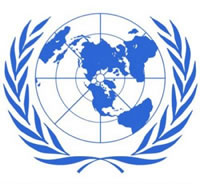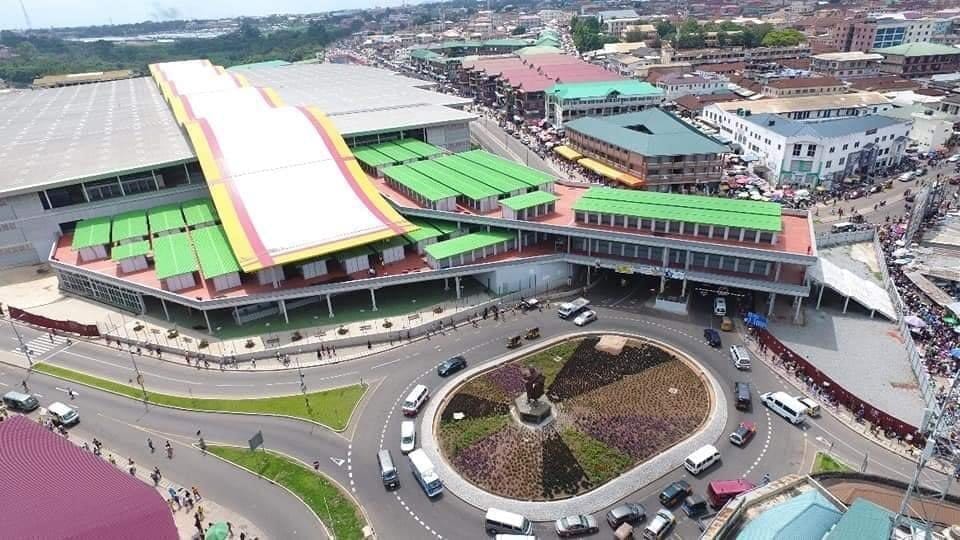Most of the staff members have been involved in various development planning assignments in the form of consultancies at both individual and Departmental levels. Others have served as consultants to the World Bank, various agencies of the United Nations, ODA, GTZ and other international funding agencies.
Over the past two decades, the Department has been involved in consultancies for the National Development Planning Commission (NDPC) and some District Assemblies. These Consultancies provide opportunities for practical training for students and also enrich the professional experience of staff. The Department has a good working relationship with the NDPC and the Ministry of Local Government and Rural Development (MLGRD). Recently, a Memorandum of Understanding and Cooperation was signed between the Department and the MLGRD&E.
As mentioned earlier, the Department is collaborating with the University of Dortmund in running the postgraduate programme in Development Planning and Management. The programme which is in its twenty-third year is one of the successful models of international academic cooperation between a developed and a developing country. The Department also maintains a cordial relationship with the Ghana Institute of Planners (GIP) The ENRECA Project is currently giving financial support to the M. Phil Degree in Planning.
Until recently, most of our graduates were absorbed by the Department of Town and Country Planning, however, under the reformed planning system and the prominence of development policy planning at various levels of government and all sectors of the economy; most of our new products are finding placements in sectors such as health, education, transportation, agriculture, banking, revenue service, etc.
In fact, the Department has been a key player in the on-going decentralization programme introduced by the government. The Department’s contribution has been in the area of training of planning personnel required to support the District Assemblies to perform their planning functions at the district level. As a result of these changes, demand for professional planners in the country is increasing and the Department is not sparing an effort responding positively to this crucial national need
. 






